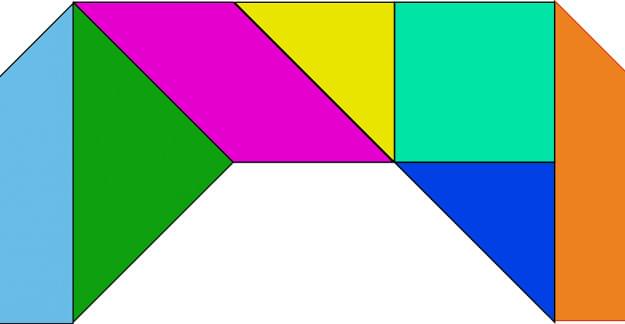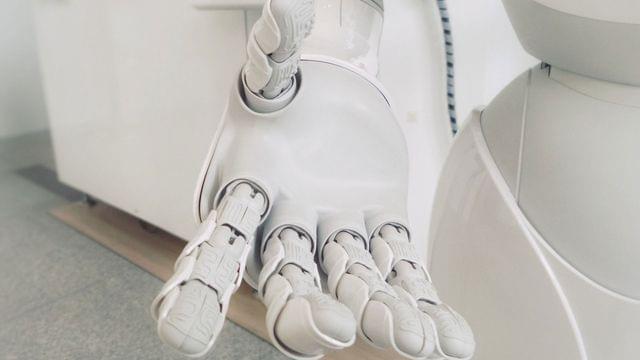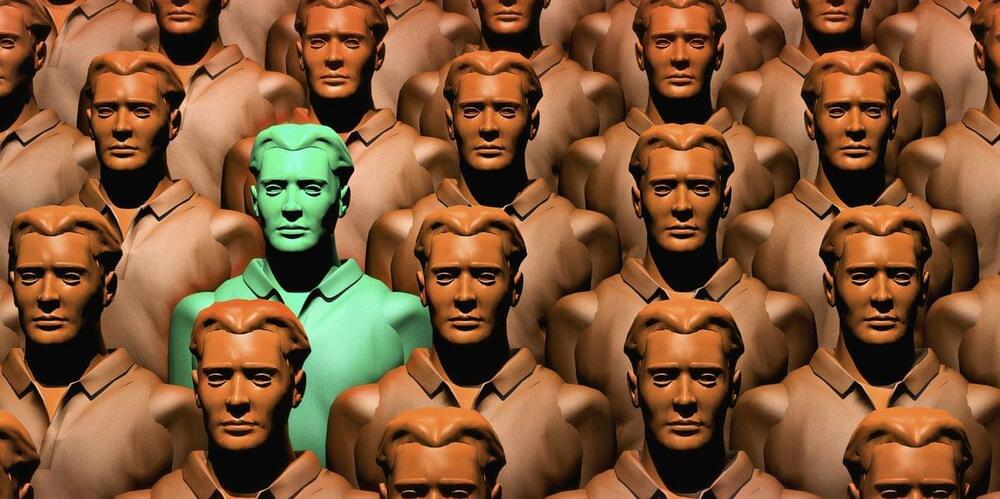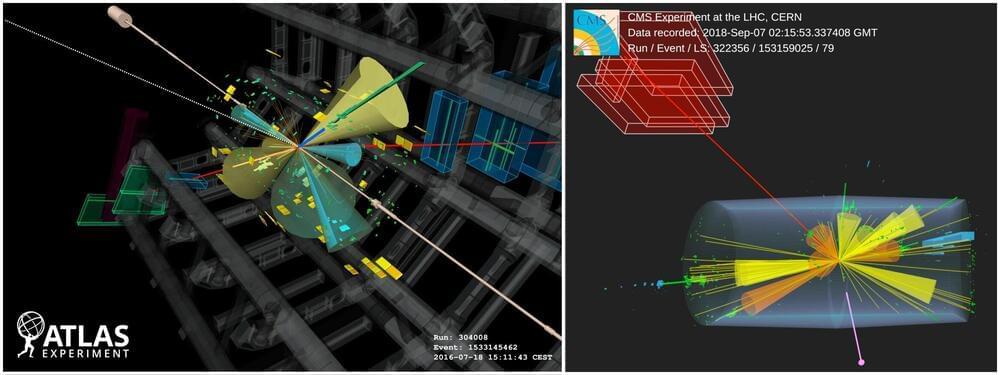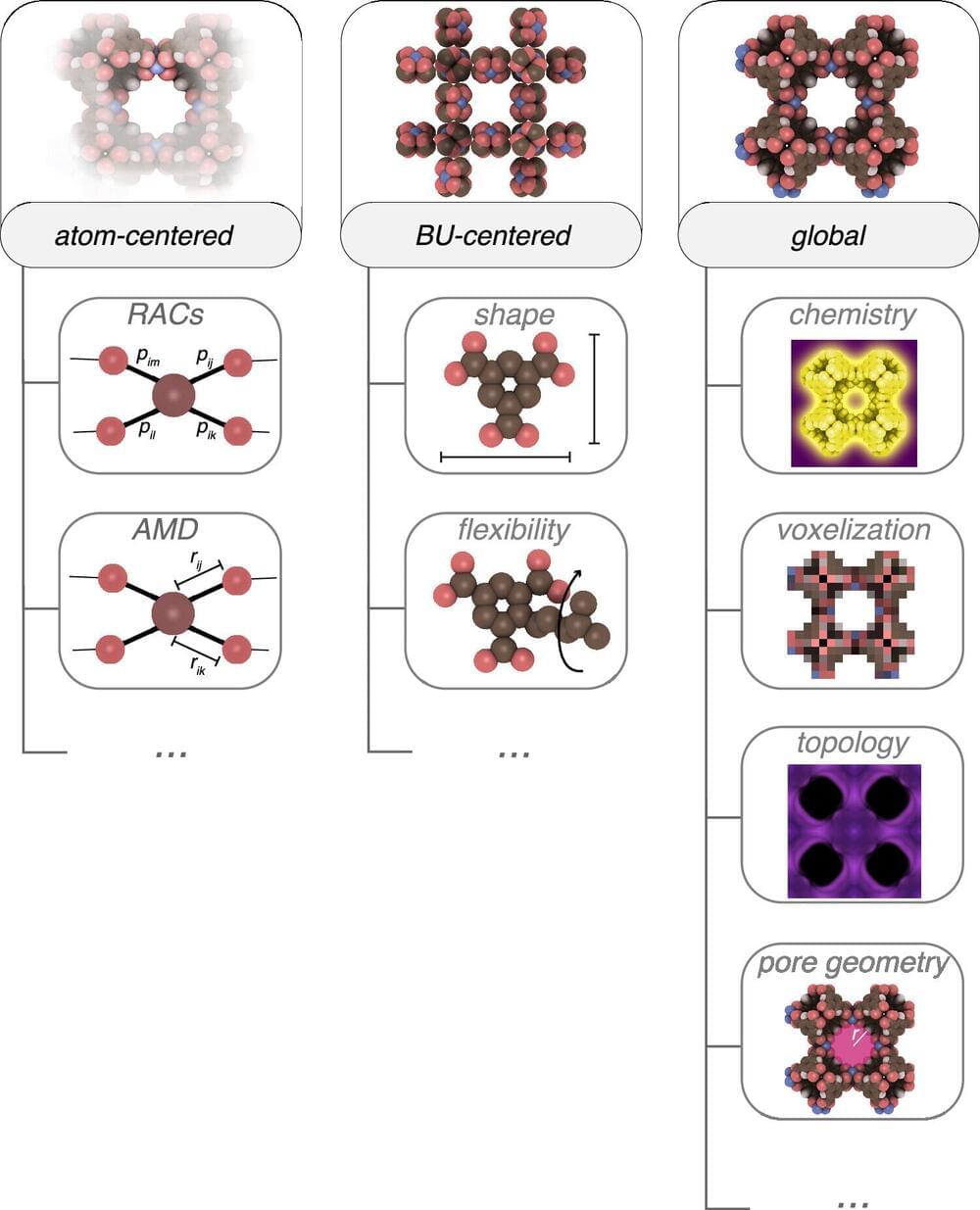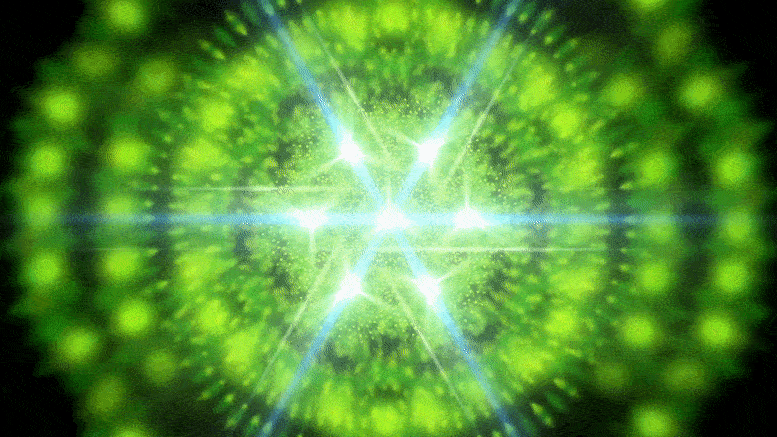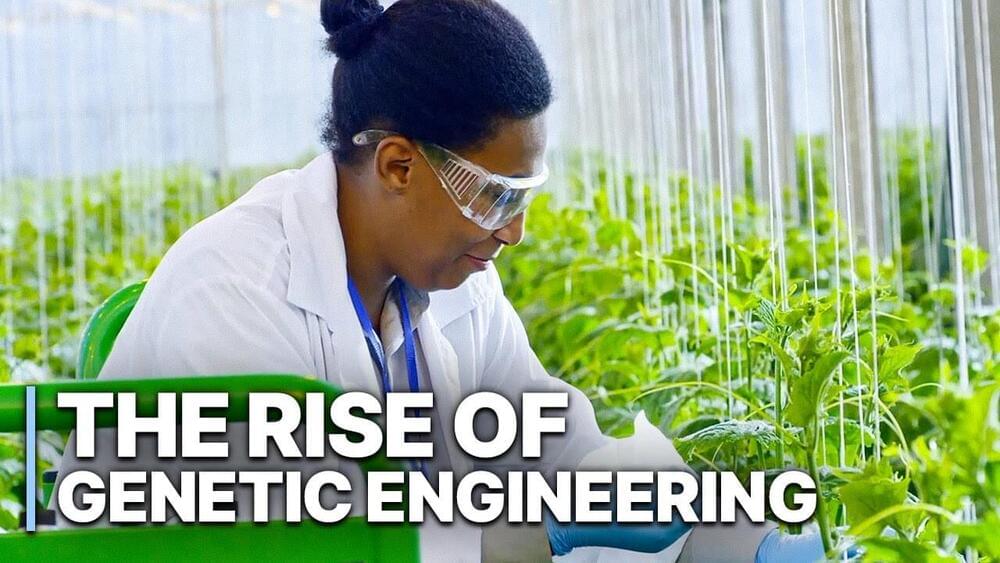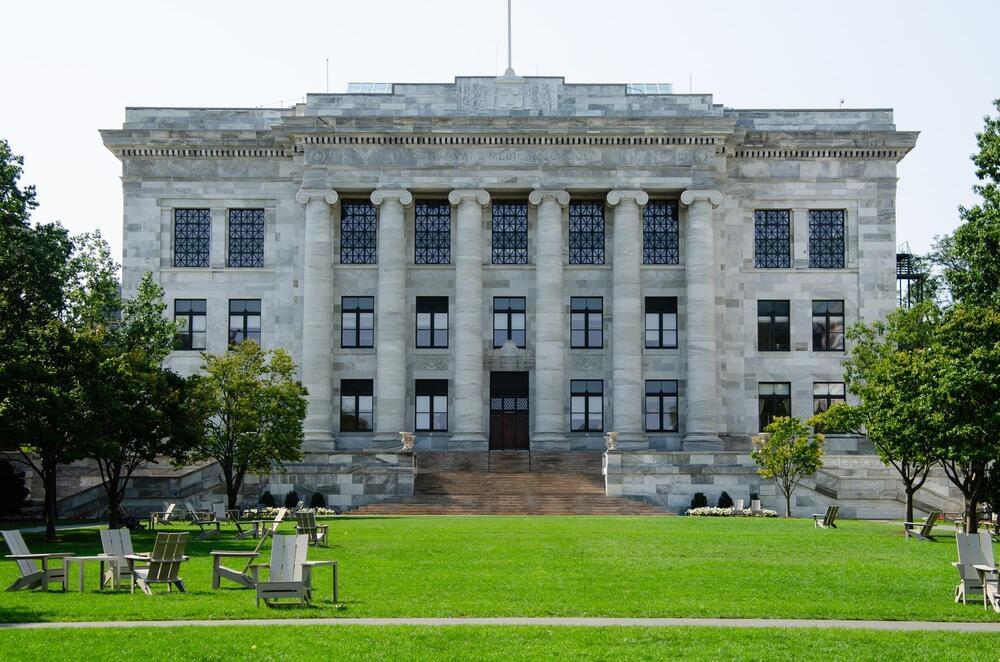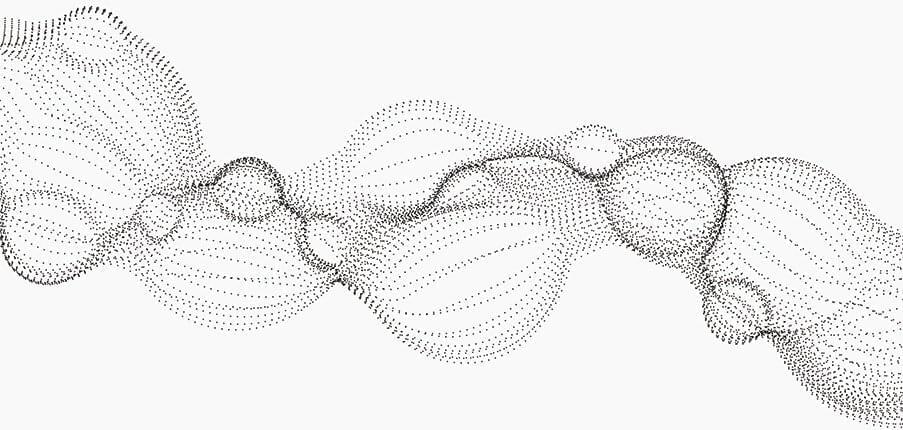
Hailey-Hailey disease is a rare, inherited condition characterized by patches of blisters appearing mainly in the skin folds of the arm pits, groin and under the breasts. It is caused by a mutation in the gene that codes for a specific protein involved in the transportation of calcium and manganese ions from the cell cytoplasm and into a sac-like organelle called the Golgi apparatus.
Scientists at Tohoku University, together with colleagues in Japan, have uncovered some aspects of this protein’s structure that could help researchers understand how it works. The findings, published in the journal Science Advances, help build the foundations for research into finding treatments for Hailey-Hailey disease and other neurodegenerative conditions.
The protein the team studied is called secretory pathway Ca2+/Mn2+-ATPase, or SPCA for short. It is located in the Golgi apparatus, a cellular sac-like structure that plays a crucial role in protein quality control before they are released into cells. The Golgi apparatus also acts like a sort of calcium ion storage container. Calcium ions are vital for cell signaling processes and are important for proteins to function properly, so maintaining the right calcium ion balance inside cells is necessary for their day-to-day activities.
